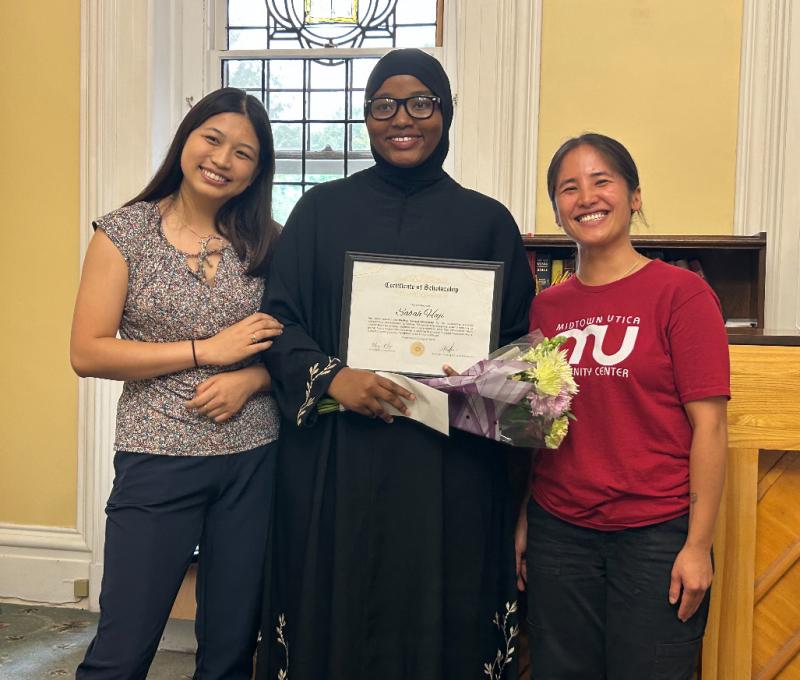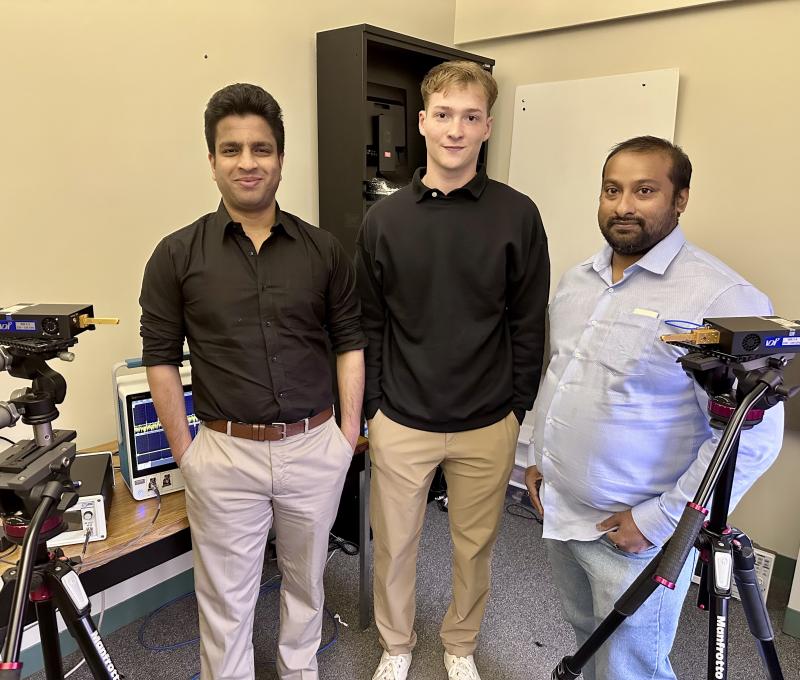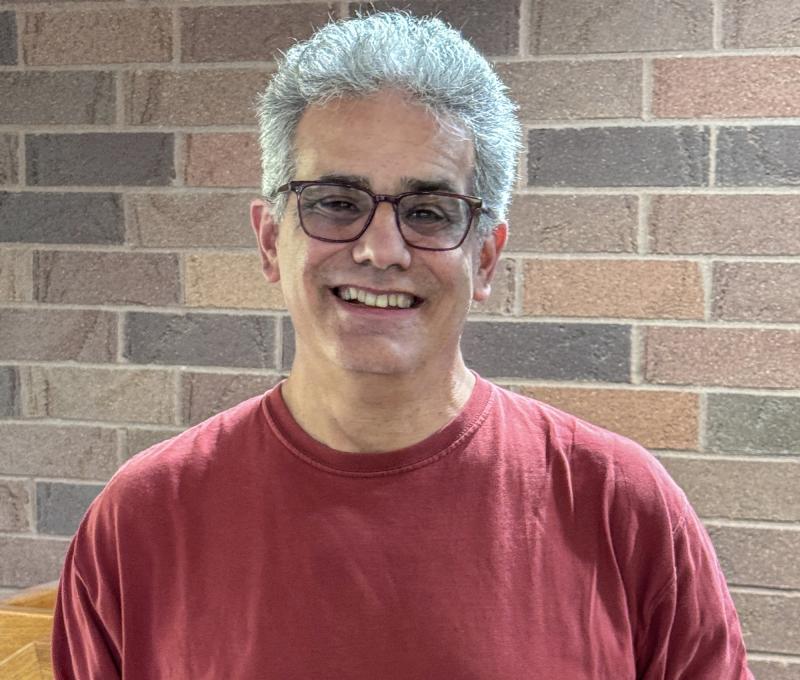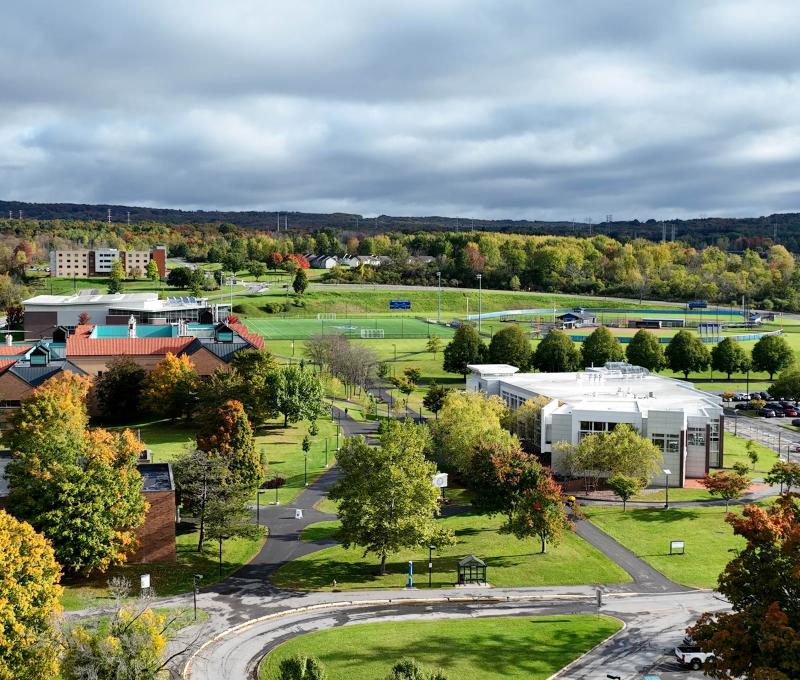College-Community Partnership for Racial Justice News Release: Partners Analyze Police Reform Plans

College-Community Partnership for Racial Justice News Release
For immediate release
Contact: Vige Barrie, Hamilton College 315-725-7597
Clinton, NY - The College-Community Partnership for Racial Justice (The Partnership), a consortium of six Oneida and Herkimer County higher education institutions and community leaders, has released its analysis of reform plans submitted by municipalities in Oneida County in response to former Governor Cuomo’s Executive Order 203. This research was conducted in cooperation with Hamilton College’s Levitt Center for Public Affairs.
The order required every police district in the State of New York to submit a reform plan to maintain public safety while building mutual trust and respect between police and the communities they serve. Created in the wake of George Floyd’s murder, the order’s purpose was to initiate changes in local law enforcement policies and mitigate police-involved deaths and racially biased law enforcement.
The Partnership used New York State guidelines and published research to produce a list of 10 criteria for reform. These criteria formed the basis of a scoring matrix to compare across reform plans and to identify trends across municipalities. The final analysis distinguishes between smaller and larger municipalities to account for substantial differences in departments’ capabilities to respond.
The Partnership found that smaller municipalities (Village of Boonville, Village of Camden, Town of Kirkland, Village of New York Mills, Village of Oriskany, City of Sherrill, Village of Vernon, Village of Whitesboro, Town of Whitestown, Village of Yorkville) addressed issues pertaining to community engagement in a meaningful way and somewhat addressed training and agency control of use of force. Smaller municipalities did little to address the remaining seven criteria: accreditation; police culture; recruitment, retention, and advancement of diverse police officers; citizen oversight; shared responsibility for community wellness; and officer wellness.
The Partnership found that larger municipalities (Oneida County Sheriff’s Department, City of Rome, City of Utica, Town of New Hartford) largely addressed 7 of 10 criteria, offering the most detailed plans to address accreditation and community engagement. Larger municipalities may have mentioned police culture, citizen oversight, and anti-racism work but did less to address these criteria. Both the City of Rome and City of Utica addressed this reform and reinvention planning process very thoroughly, leaving only a few areas to consider more deeply.
These results have already been released to the appropriate municipalities. The Partnership’s goal is to consult with local elected representatives and police officials about their scores and identify barriers to engaging in the reform process. The Partnership will also share this report with New York State officials in the division for criminal justice and state legislators.
The researchers are interested to learn what actions state officials have taken to review these plans, and what possible resources and solutions may be available to help strengthen municipalities’ commitments to the reform process.
Members of The Partnership include Hamilton College, Herkimer College, Mohawk Valley Community College (MVCC), Pratt Munson-Williams-Proctor Arts Institute, SUNY Polytechnic Institute (SUNY Poly), and Utica University, as well as the Community Foundation of Herkimer and Oneida Counties and the Mohawk Valley Frontiers Club. Community leaders and other individuals currently engaged in the organization include Frank Anechiarico, government department, Hamilton College; Anthony Colon, Mitchell International and MVCC Trustees; Bernard Hyman, criminal justice department, Utica University; Gbemende Johnson, government department, Hamilton College; Veronica Tichenor, community & behavioral health program, SUNY Poly; Patrick Johnson, consultant on race relations and project director, Save Our Streets; Cassandra Harris-Lockwood, For the People; Steve Lockwood, attorney; Raymond Philo, former New Hartford police chief and adjunct professor of criminal justice, Utica University; Anokhi Manchanda, Hamilton Class of 2022 and Levitt Center student fellow; and Zack Schuman, Levitt Center.








